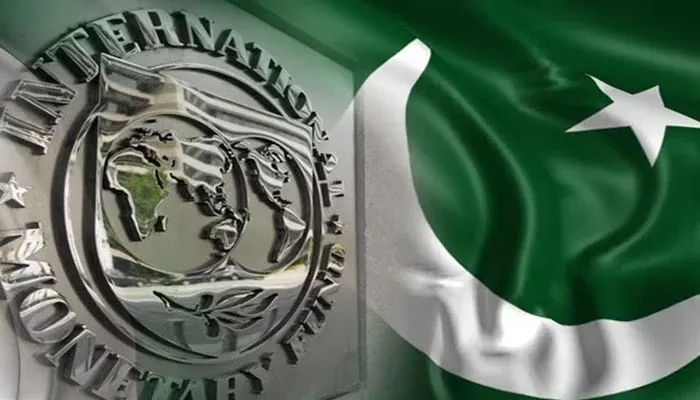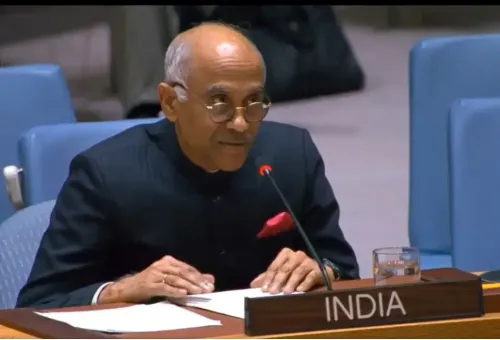Will Pakistan and IMF Reach an Agreement on Fiscal Budget?

Synopsis
Key Takeaways
- Virtual negotiations between Pakistan and the IMF are set for the fiscal budget 2025-26.
- The circular debt in the gas sector stands at an alarming Rs 2800 billion.
- Pakistan plans to present a five-year performance strategy regarding the gas sector.
- Increased taxes for citizens could result from strict IMF conditions.
- The Federal Board of Revenue faces challenges in meeting tax targets amidst rising government expenditures.
Islamabad, May 26 (NationPress) The government of Pakistan and the International Monetary Fund (IMF) are poised to engage in a virtual session of negotiations regarding the fiscal budget for 2025-26 later today, as per government insiders.
Discussions will likely revolve around the circular debt within the gas sector alongside other budgetary elements, with Pakistani officials set to propose a strategy aimed at resolving the circular debt issue.
In an initial round of discussions with the IMF delegation in Islamabad, the Pakistani government was asked to furnish data regarding the gas sector companies. Sources indicate that the government is anticipated to present the five-year performance metrics of these companies during today’s virtual discussions.
The IMF has expressed significant concerns regarding the enormous circular debt in the gas sector, which has escalated to an alarming Rs 2800 billion.
“The IMF will receive insights into the profit, loss, cash flow, and balance sheet of the gas companies,” disclosed a government official.
“Additionally, Pakistan will be delivering a plan to the IMF outlining the phased elimination of the circular debt over the next five years,” the source further elaborated.
While there is a sense of optimism from the Pakistani side, the inconclusive outcomes from the first round of discussions, primarily due to disagreements over proposed relief measures, have heightened concerns about the stringent conditions imposed by the IMF. These conditions may lead to increased taxation on citizens within the financial budget for 2025-26.
“The IMF voiced objections to several government proposals, especially regarding extra power subsidies for domestic consumers. The proposal to decrease electricity tariffs for industrial users was also rejected, and the IMF insisted on timely tariff increases in the upcoming fiscal year,” a senior official stated.
Despite the Federal Board of Revenue (FBR) of Pakistan showing hesitance to elevate tax targets, the rising government expenditure has prompted the IMF to caution Islamabad that exceeding the established spending limit could result in failing to meet the primary balance surplus target, which is crucial for the continuation of the IMF loan program.









